The government has pledged a significant Sh4 billion yearly injection into Kenya’s sugar industry, signalling a fresh start for the sector.
This announcement was made by Agriculture and Livestock Development Cabinet Secretary Mutahi Kagwe during a recent inspection of West Kenya Sugar Company in Kakamega County.
His visit comes shortly after West Kenya Sugar, part of the Rai Group, entered into a 30-year lease to operate the troubled Nzoia Sugar Company.
The state now hopes the lease will jumpstart operations at the once-dormant mill, with private investment leading the way.
Speaking during the tour, Kagwe laid out a new investment framework to be financed through the Sugar Development Levy.
Read More
The plan outlines key funding priorities aimed at restructuring the sector with a view to long-term sustainability.
“These investments are designed to secure the long-term sustainability of the sugar industry,” Kagwe stated.
He emphasised that the resource allocation model had been informed by “extensive consultations and concerns raised by farmers’ unions and miller representatives.”
Under the new framework, nearly Sh2 billion—or 40 per cent of the levy—will support cane development countrywide.
The rest of the funding has been earmarked for strategic pillars of the industry: Sh600 million each for road upgrades in cane-growing regions, factory rehabilitation, and agricultural research and innovation. An additional Sh200 million will go towards strengthening farmer organisations, while 10 per cent will fund the administrative functions of the Sugar Board.
Kagwe took the opportunity to champion the role of private millers, singling out West Kenya Sugar for its strong farmer engagement policies.
The company maintains contracts with over 120,000 farmers and disburses more than Sh14 billion annually in payments, on top of investing Sh7 billion each year in crop development.
He called on Kenyans to support such investors, noting their impact in reviving struggling institutions.
“We must shift from being net importers to exporters of sugar by 2026,” Kagwe stated.
The Cabinet Secretary also raised alarm over rising incidences of cane poaching, a practice that undermines investments by millers.
He urged growers to remain committed to firms that invest in their progress and directed the Sugar Board to convene a meeting to define milling zones and enforce boundary rules.
Recent figures from the Agriculture and Food Authority show the Rai Sugar Group now manages close to half of all sugarcane farming land in the country—highlighting the company’s expanding footprint in the agricultural economy.
During his visit, Kagwe also inspected Butali Sugar Mills, another major private player, as part of his broader engagement with millers contributing to sector reform.
He advised farmers to allow cane to reach full maturity before harvesting, noting that higher quality sugar would improve Kenya’s standing once it begins exporting.
The new approach reflects a significant shift: from heavy reliance on government mills to a more collaborative model that empowers both farmers and private investors.
For a sector long burdened by inefficiencies, the CS’s visit and funding pledge suggest a more hopeful path forward.

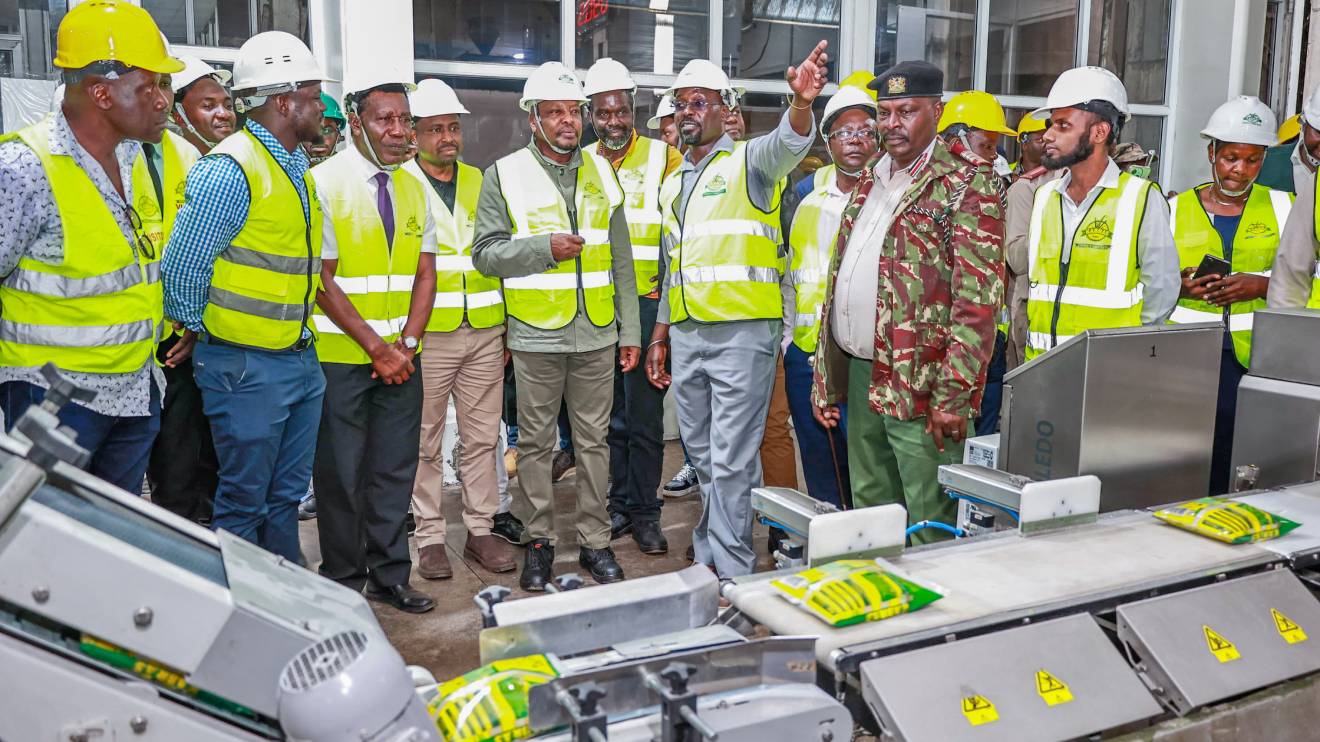

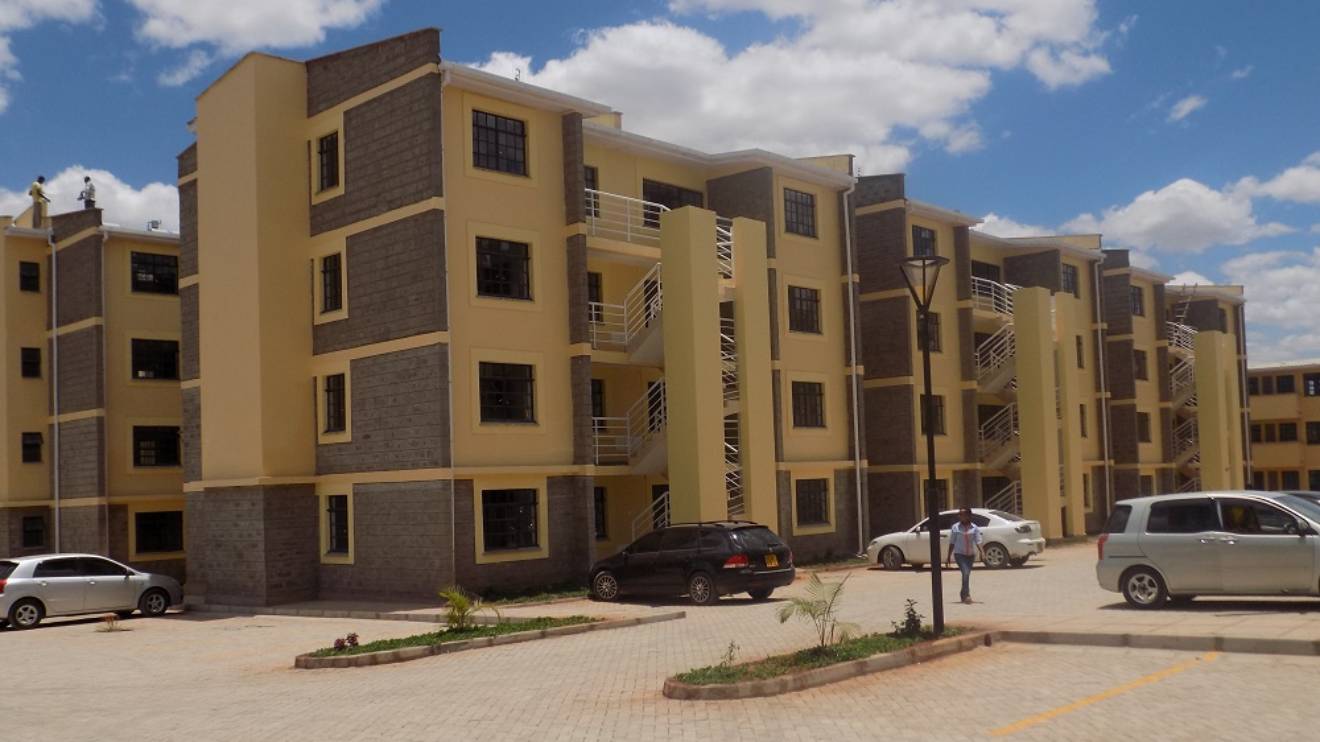
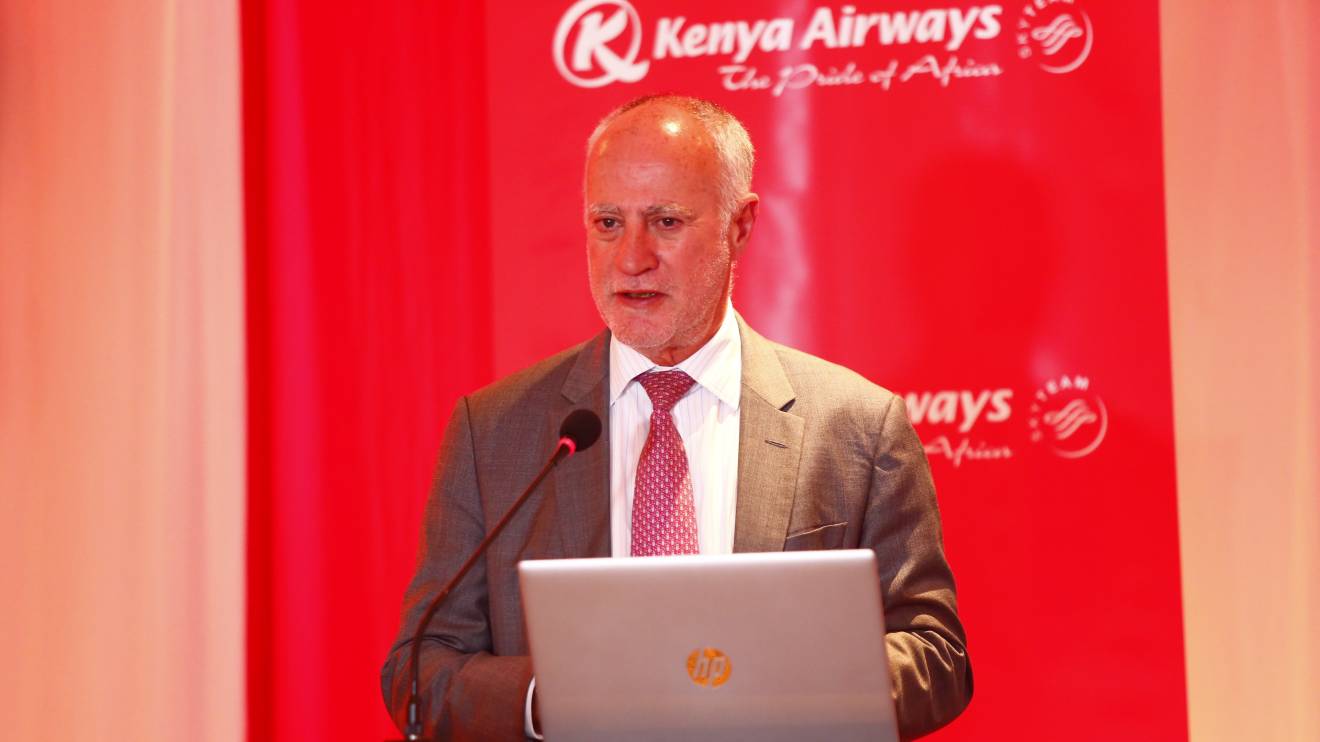
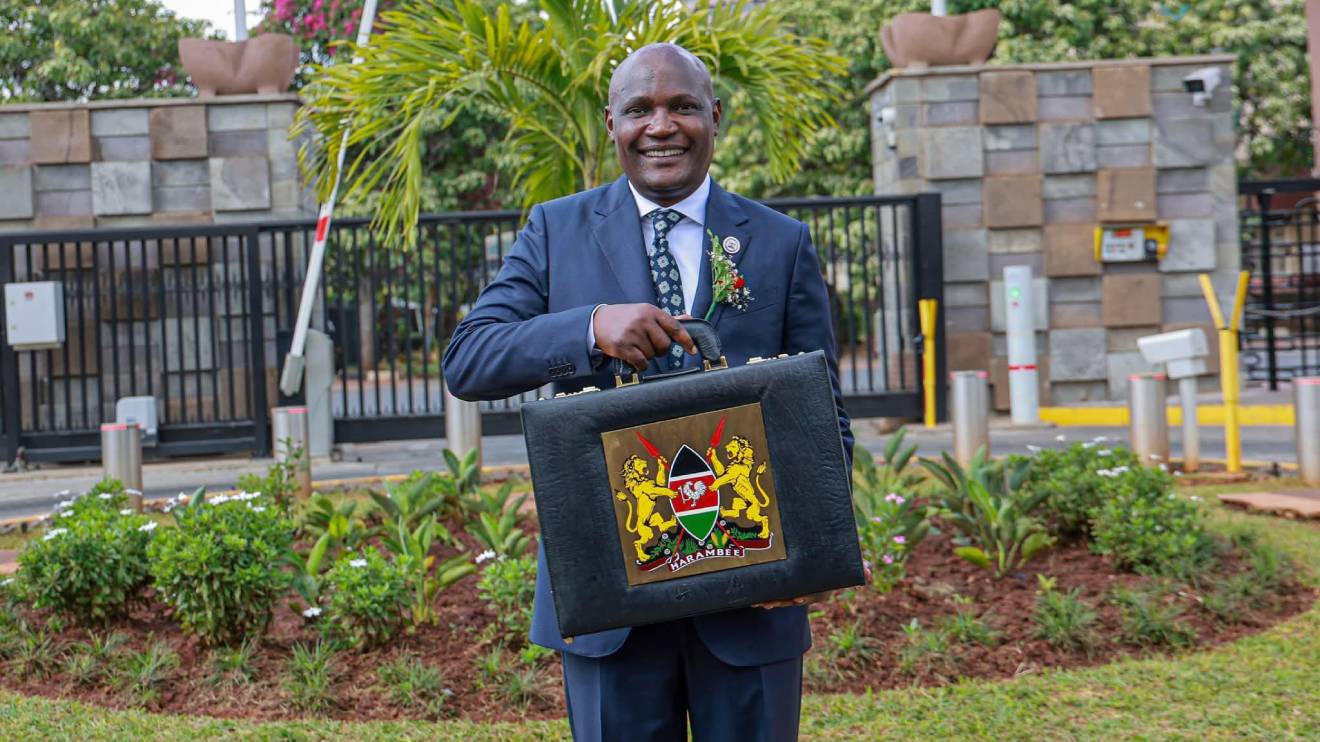

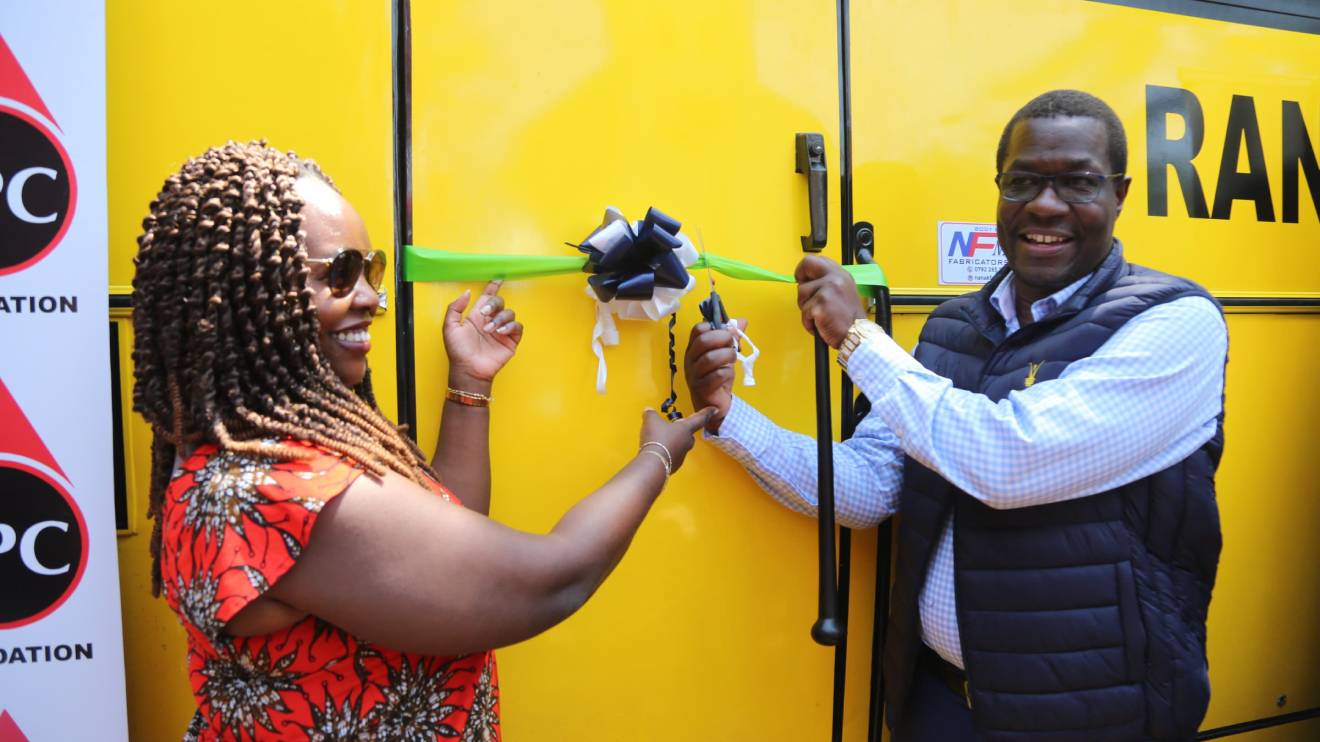
-1750067533.jpeg)